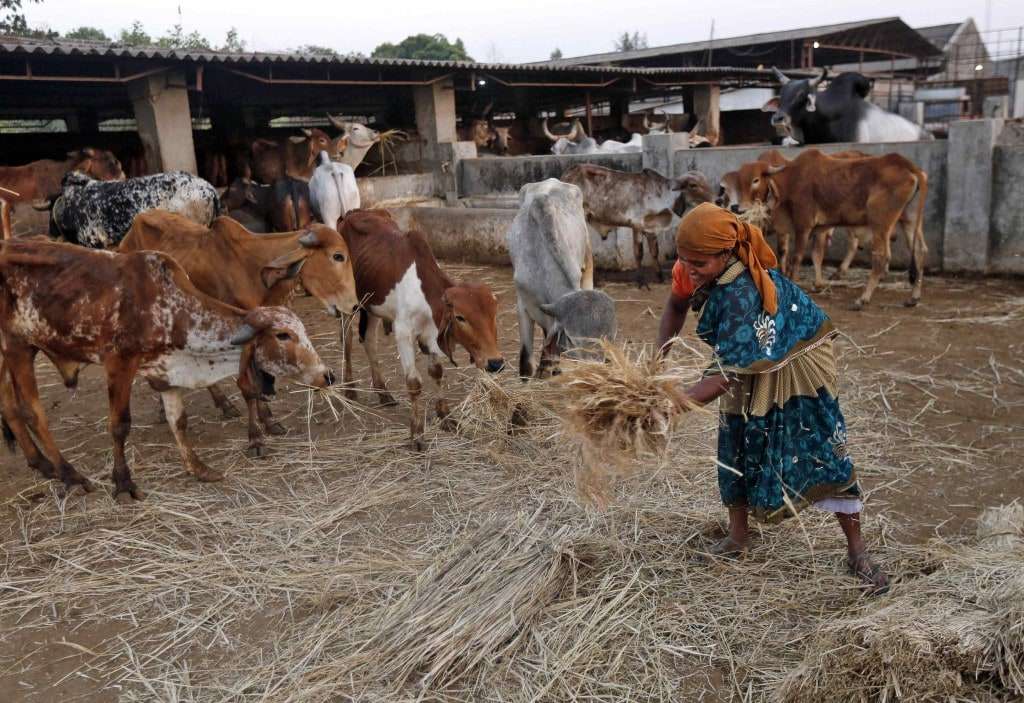The Volokh Conspiracy
Mostly law professors | Sometimes contrarian | Often libertarian | Always independent
Indian state bans beef; California banned horsemeat; what if an American state banned pork?

Voice of America reports:
In India's Western Maharashtra, a ban imposed on beef consumption has been welcomed by Hindu groups linked to the ruling Bharatiya Janata Party (BJP), but slammed by those involved in the business - mostly Muslims. Beef traders say the ban will make tens of thousands people jobless.
As the ban went into effect March 5, several slaughter houses in Maharashtra pulled down their shutters. Beef dishes disappeared from the menu of restaurants, including upscale ones in Mumbai - India's financial capital….
Although cows, considered holy by Hindus, are already protected in the Hindu majority nation, the new law extends the ban to slaughtering bulls, bullocks and calves.
This reminds me of the occasional hypotheticals raised by First Amendment scholars, about whether a hypothetical ban on pork in a majority Jewish or Muslim U.S. jurisdiction would be constitutional. But it also reminds me of a 1998 law in my own state of California, which bans the sale of horse meat for human consumption. (Georgia, when I last checked, likewise bans the sale of dog meat for human consumption, and I expect other states have similar bans.)
I have no reason to think that the horse meat ban was motivated by religion. Rather, I suspect that most voters supported it because of their gut feeling that eating horse is disgusting or, in the words of one critic of eating horse meat, "morally perverse," "a perversion of the human-animal bond." Still, is there an ethically relevant difference (rather than just an economic difference) between the Indian beef ban, the hypothetical American pork ban, or the California horse meat ban?
Is it ethically or constitutionally improper to ban a certain kind of meat for religious reasons, but proper for equally unproven and unprovable intuitive ethical reasons? How much does it matter that the beef ban seems to be seen as offensive by a fairly substantial religious minority (Muslims), for whom beef is an important part of their diet, while very few Californians would have eaten horse meat even without the ban?


Show Comments (0)